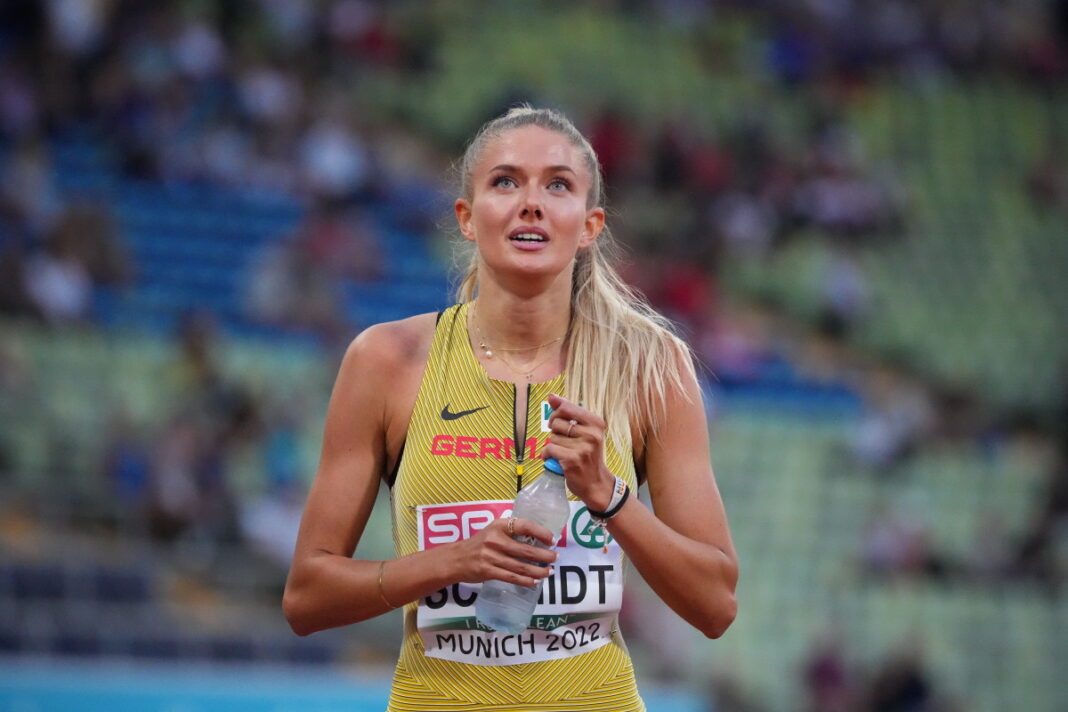Being an athlete is not only physically demanding, it is very mentally demanding. Athletes, especially males, are so used to not talking about their mental problems, often seeing it as a sign of weakness. Being an athlete requires considerable time and effort, but seldom are athletes asked how they are really doing. A bad game can haunt a competitive player long after it’s over. In recent years, there has been growing recognition of the importance of mental well-being in sports, with athletes stepping forward to share their stories. This shift is breaking down barriers and challenging outdated perceptions. High-profile athletes like Simone Biles, Michael Phelps, and Naomi Osaka have shared their experiences with anxiety, depression, and burnout, igniting a global conversation about mental well-being in sports.
Fans often don’t see athletes as normal people, only witnessing their shining moments on TV and social media. We don’t see them alone with their thoughts. Athletes speaking about their mental struggles helps us understand them better. Sports organizations are responding by implementing programs and services to support athletes’ mental health, from stress management and mindfulness training to private counseling. The journey towards destigmatizing mental health in sports is ongoing, with much work needed to ensure athletes receive the necessary support. Each shared story, sparked conversation, and launched initiative moves us closer to treating mental health with the same importance as physical health in sports.
According to athletesforhopes.org, 33% of college students experience mental health problems, but only 10% seek help. Their article “Mental Health and Athletes” states, “35% of elite athletes suffer from a mental health crisis, manifesting as stress, eating disorders, burnout, or depression and anxiety.” The intersection of sports and mental health transcends wins, losses, medals, and trophies. It’s about recognizing athletes’ humanity, acknowledging their struggles, and creating a culture of compassion and support. Together, we can break down barriers, challenge stigma, and champion mental well-being in sports, paving a healthier future for athletes everywhere.
Citations:
– Athletes for Hope. “Mental Health and Athletes.” Athletes for Hope, 22 May 2019,
www.athletesforhope.org/2019/05/mental-health-and-athletes/.
– Gringell, S. (2018, March). Why exercise is so crucial for maintaining mental health.
Psychology Today. Retrieved May 9, 2022, from
https://www.psychologytoday.com/us/blog/what-works-and-why/201803/why-exercise-is
-so-crucial-maintaining-mental-health
– Michael Phelps Foundation. (2022, March 23). Homepage. Healthy (Physical and
Mental) Living. Retrieved May 9, 2022, from https://michaelphelpsfoundation.org/
– Reardon CL, Hainline B, Aron CM, et al. Mental health in elite athletes: International
Olympic Committee consensus statement (2019). British Journal of Sports Medicine
2019;53:667-699
– Substance Abuse and Mental Health Services Administration. (2021). (rep.). Key
Substance Use and Mental Health Indicators in the United States: Results from the 2020
National Survey on Drug Use and Health. Washington, D.C.
– TodayShow. (2019, May). Kevin Love hopes his mental health story can help others:
‘speak your truth’. Kevin Love hopes his mental health story can help others: ‘Speak
your truth.’ Retrieved May 9, 2022, from
https://www.today.com/video/kevin-love-hopes-his-mental-health-story-can-help-others-s
peak-your-truth-1515486787646
– U.S. Department of Health and Human Services. (2022). Mental illness. National
Institute of Mental Health. Retrieved May 9, 2022, from
https://www.nimh.nih.gov/health/statistics/mental-illness Velasco, H. (2017, July 21).
Few student-athletes with mental illness seek help. USA Today. Retrieved May 9, 2022,
from
https://www.usatoday.com/story/college/2017/07/21/few-student-athletes-with-mental-ill
ness-seek-help/37433787/









